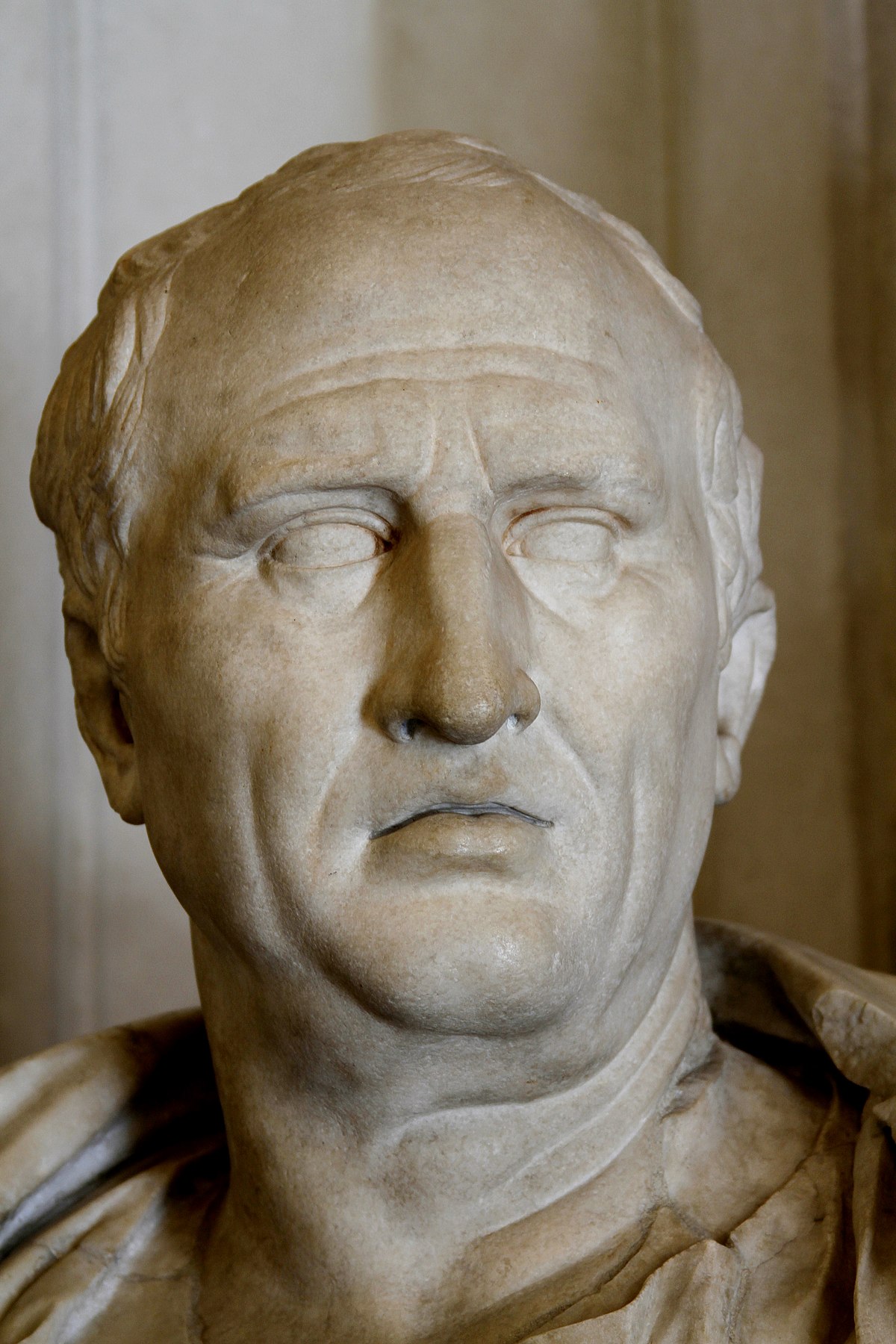Federofka (or Kaliniwka) is about 25 kilometers northwest of Zhytomyr. Today, Federofka (meaning Feder's little village) has a population of less than a hundred. (I'm guessing. There's about 25 houses spread out over a couple of kilometers.) Back in its heyday - 1911 - the population was under a thousand. So, it's always been a teeny, tiny place.
At the turn of the last century, no doubt many of our grandparents were born in rural communities - either here in North America, or back in the 'old' country. Of course, I'd never really have been born in the old Soviet Union, because my mother would have never met my dad - who was born on the North Sea. Still, it's interesting to think how where we live has shaped our lives - and how world events determined our birthplaces.
I ended being born in Winnipeg (meaning 'muddy waters') - a place I still call home (albeit with several years away - my two oldest were born in Regina, Saskatchewan.) Winnipeg's the kind of city most wouldn't go out of their way to visit. We have no world class zoo, no seaside, no mountains for skiing. Hmm. What do we have? Winnipeg's a people place. People come here for jobs, for the slower lifestyle, for culture (we have ballet, theatre, symphony, etc), and for family. People stay here for the same reasons. And then we go visit the places with the great zoos, coastlines, and mountains.
In 2012 Winnipeg will have a world class Museum for Human Rights. People will come to visit, and maybe some will even stay, have babies, and change lives.
Visit more My Town Monday posts.

 it's definitely bear country. A couple of weeks before my visit (back in September) - a
it's definitely bear country. A couple of weeks before my visit (back in September) - a  As you can see from this map (or maybe not) - Kitimat is a coastal town - close to the
As you can see from this map (or maybe not) - Kitimat is a coastal town - close to the 







